The recent announcement that young people in England, Wales and Northern Ireland will have the opportunity to take a new GCSE in natural history from September 2025, driven by a campaign led by naturalist Mary Colwell, is welcome news.
The new qualification will include practical skills to pursue a career in the natural world, including observation, monitoring, recording and analysis. It will also include immersion in outdoor activities, and has support from the Natural History Museum, the Field Studies Council and the Wildlife Trusts.
However, while this will go some way to further bring sustainability and climate concerns into schools, the qualification is optional. It compartmentalises a subject that needs to be woven across the curriculum, so that every child is equipped to deal with the challenges we face and can appreciate that it impinges on every aspect of life.
In England, the whole national curriculum is under review. This provides a crucial opportunity to embed climate change and sustainability education throughout the curriculum. The independent review’s recent interim report identifies a need for a “greater focus on sustainability and climate science”.
It makes welcome reference to the need for the curriculum to keep pace with rapid social, environmental and technological change, and to equip young people to deal with future challenges.
This is in line with the findings of my research, with colleagues. We explored young people’s views of climate change education in secondary schools, carrying out a national survey of 1,000 14- to 18-year-olds and two follow-up in-depth workshops.
We found that young people consistently identified climate change as the top concern for their future lives, putting it above the cost of living crisis and young people’s mental health and wellbeing. Seven in ten teenagers told us they would welcome the opportunity to learn more about climate change in school. The same number thought climate change education should be included across all subjects.
Teach the Future, a youth-led organisation campaigning to improve education on the climate emergency and ecological crisis, published a shadow curriculum and assessment review interim report. These findings, gathered from the responses of over 500 young people, highlight the marginalisation of climate change and nature on the current English curriculum.
Woven through learning
Our research shows there needs to be a step change in how the education system prepares young people for a rapidly changing world. Engaging them meaningfully with the issues and practical solutions may motivate them to consider a green career.
In maths, for example, mathematical concepts could be introduced through calculating the effect of introducing solar panels on the school roof. Pupils could measure air quality, or calculate the carbon footprint of different food choices. The evidence suggests that a project-led approach, rooted in experiential learning locally relevant to the student, would be particularly effective.
Gorodenkoff/Shutterstock
Our report also found that current teaching on climate tends to focus narrowly on impacts and rarely on solutions. This may contribute to many young people’s sense of climate change anxiety, leaving them feeling demotivated and disenfranchised.
There is much that could be learnt from the approach taken by Scotland. Its learning for sustainability vision takes a cross-curricular, solutions-focused approach. Young people are often involved in creatively solving problems or finding solutions to questions that are meaningful to them.
Tools for understanding
My research suggests it is not enough for students to be taught facts and figures about climate change and biodiversity loss. They need to be provided with the critical thinking and media literacy skills to meaningfully engage with the issues.
There is much mis- and disinformation on climate circulating online. With the rise of artificial intelligence, the distinction between fact and fiction is becoming increasingly difficult to discern. An emphasis on media literacy and critical thinking skills would help young people generate and evaluate ideas for tackling the crisis.
Overhauling and refreshing England’s current curriculum and assessment system will not be easy. Even if climate change is increasingly included, this still may take place too slowly.
The interim report makes clear that the intention is to continue “with our ‘evolution not revolution’ approach”, which will inform the final report to be published this autumn. However, there is an urgent need to act quickly if we are to avoid catastrophic climate change.
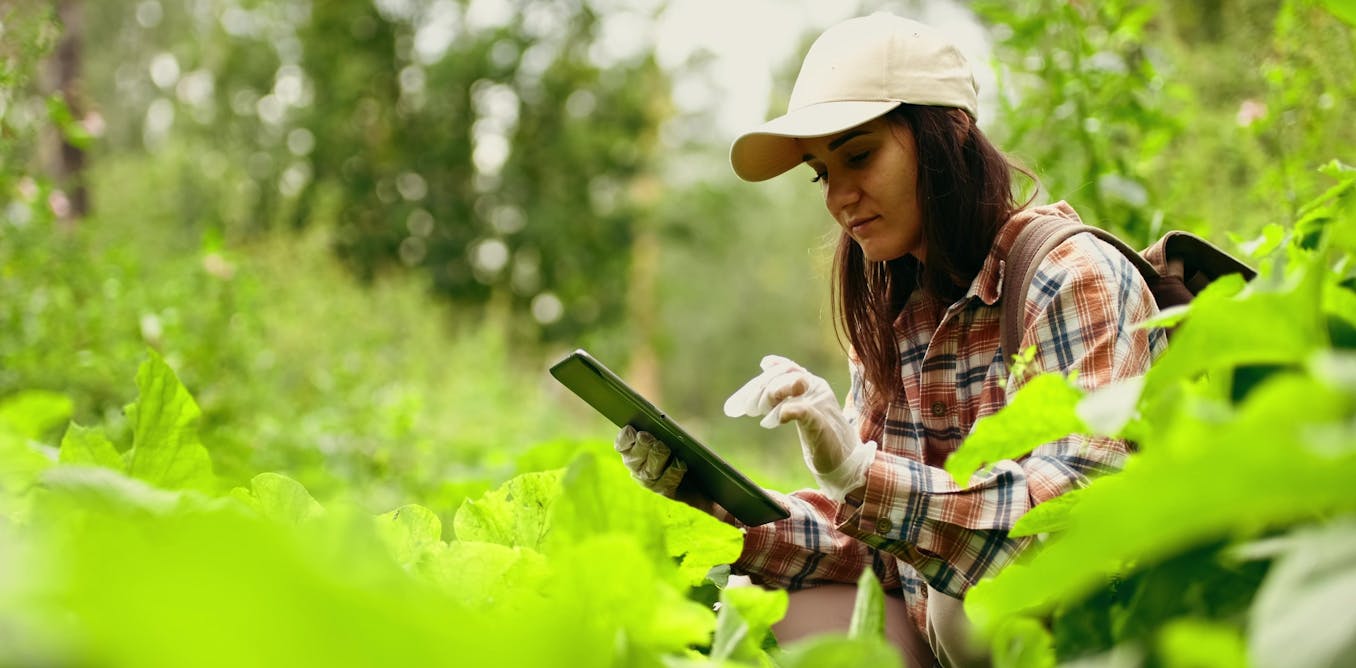
The post “A new natural history GCSE is welcome – but climate change needs to be part of the whole curriculum” by Alison Anderson, Professor of Sociology, University of Plymouth was published on 03/28/2025 by theconversation.com










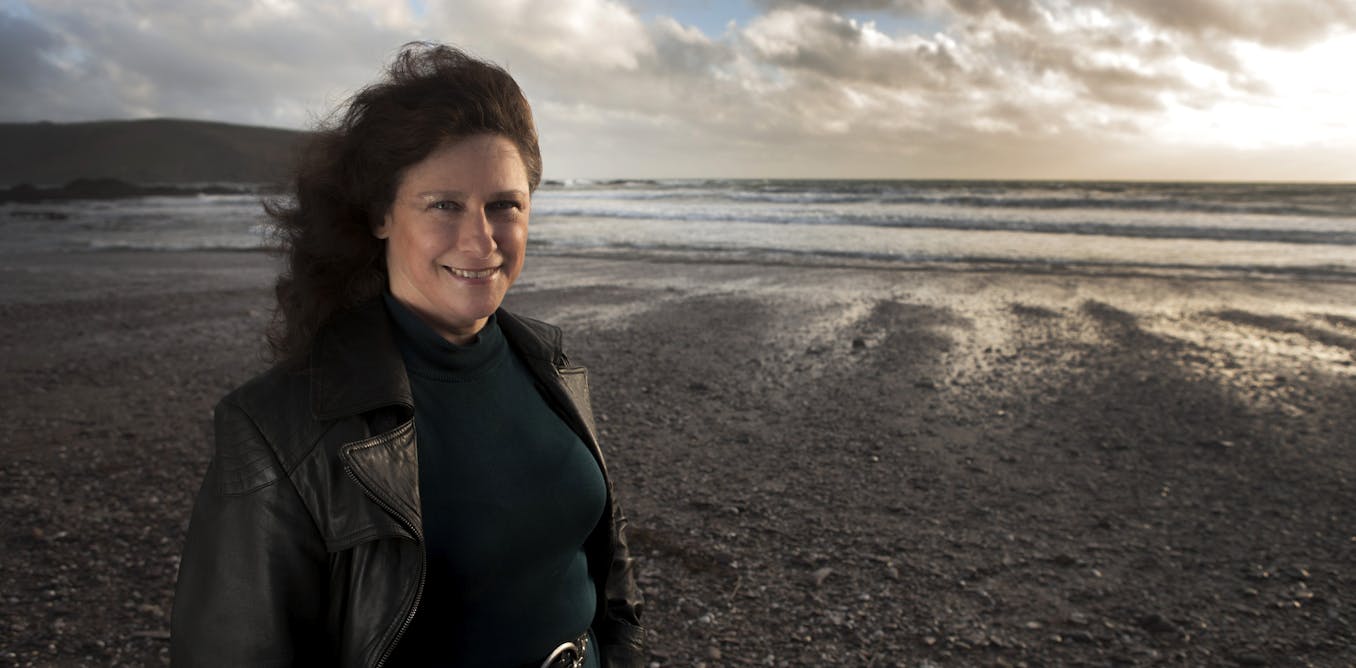


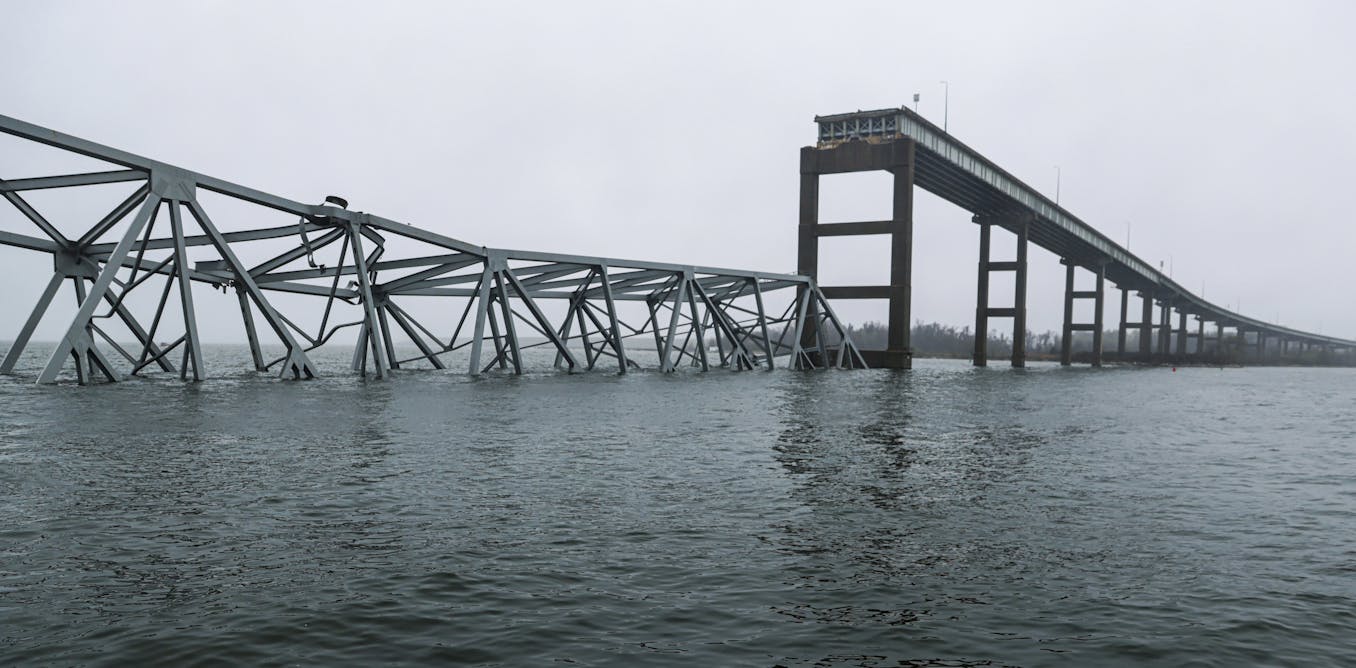















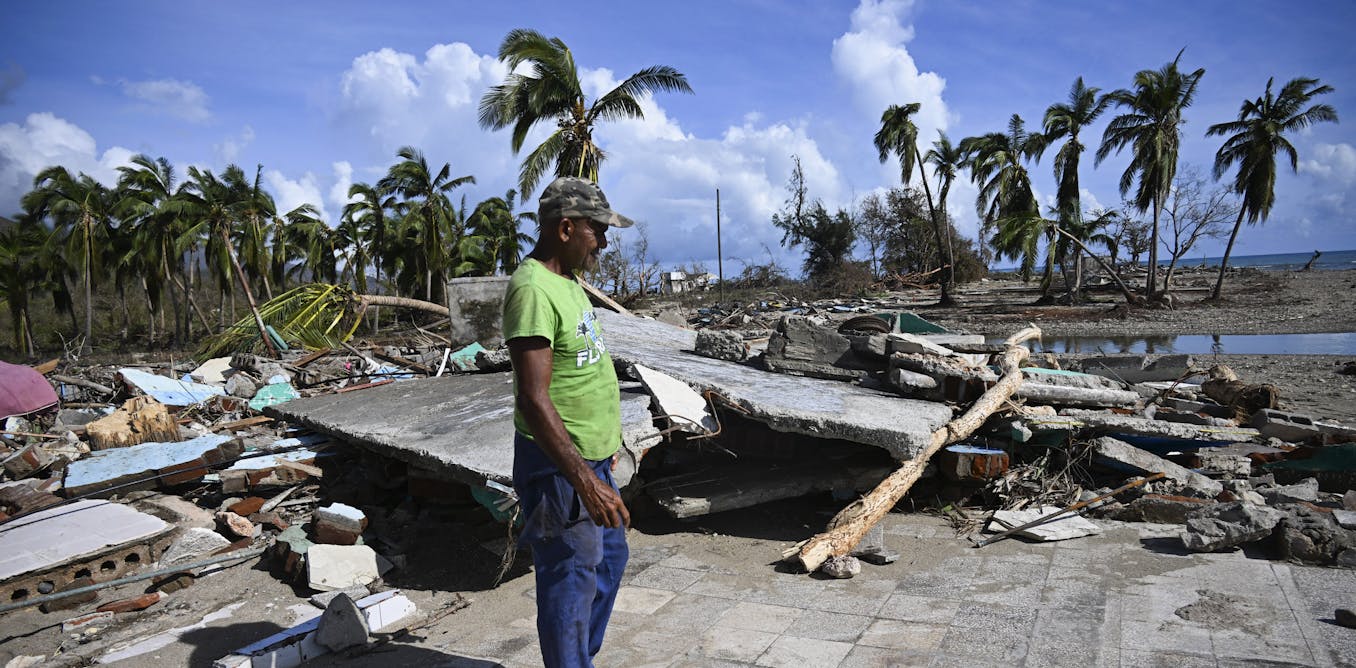



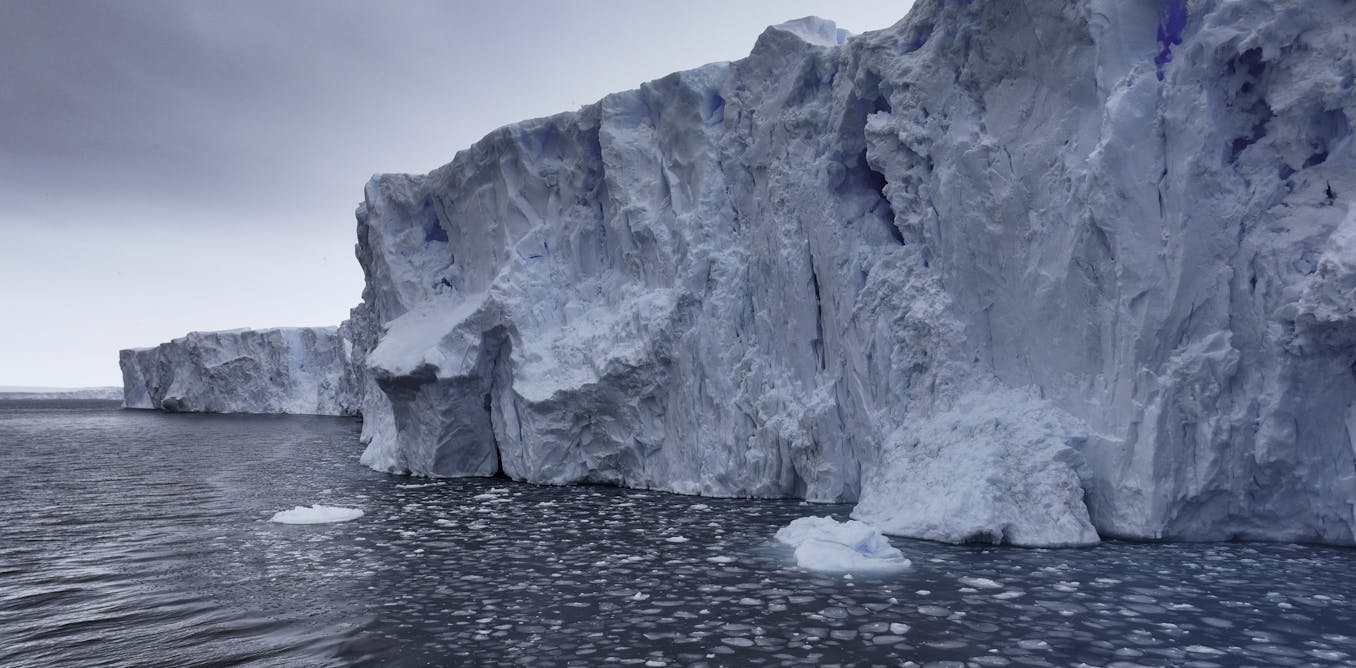


Leave a Reply